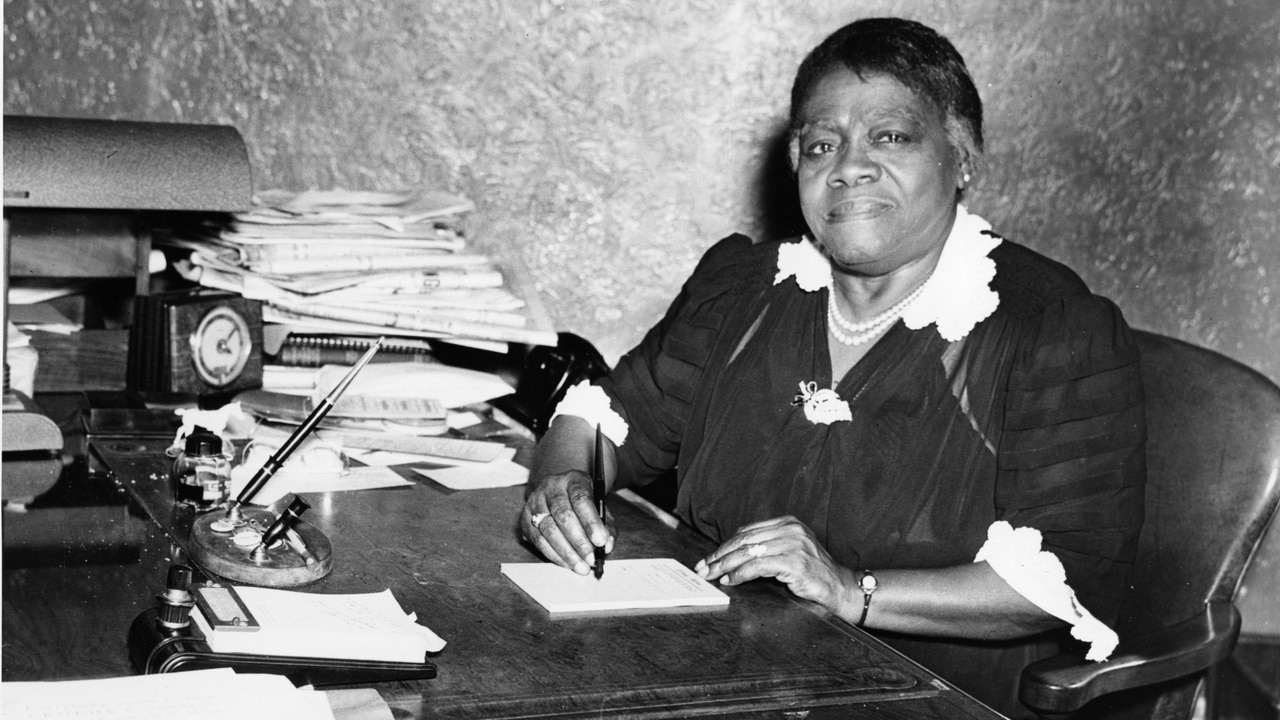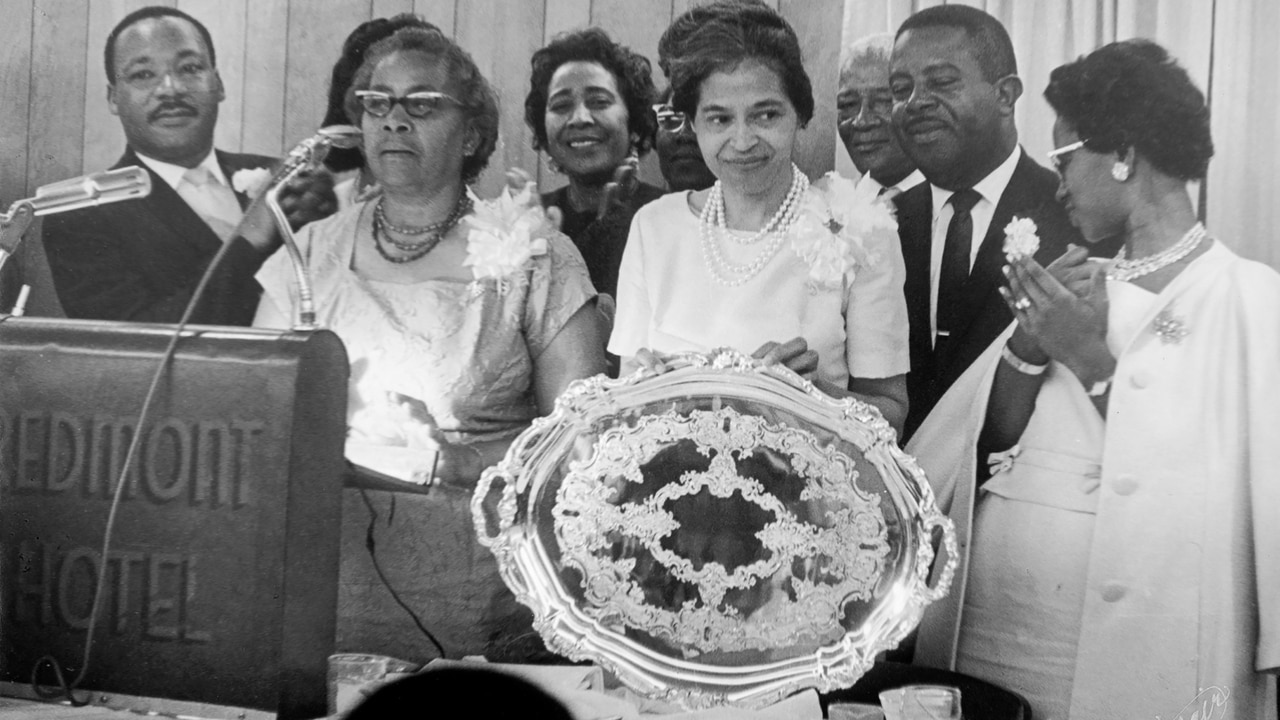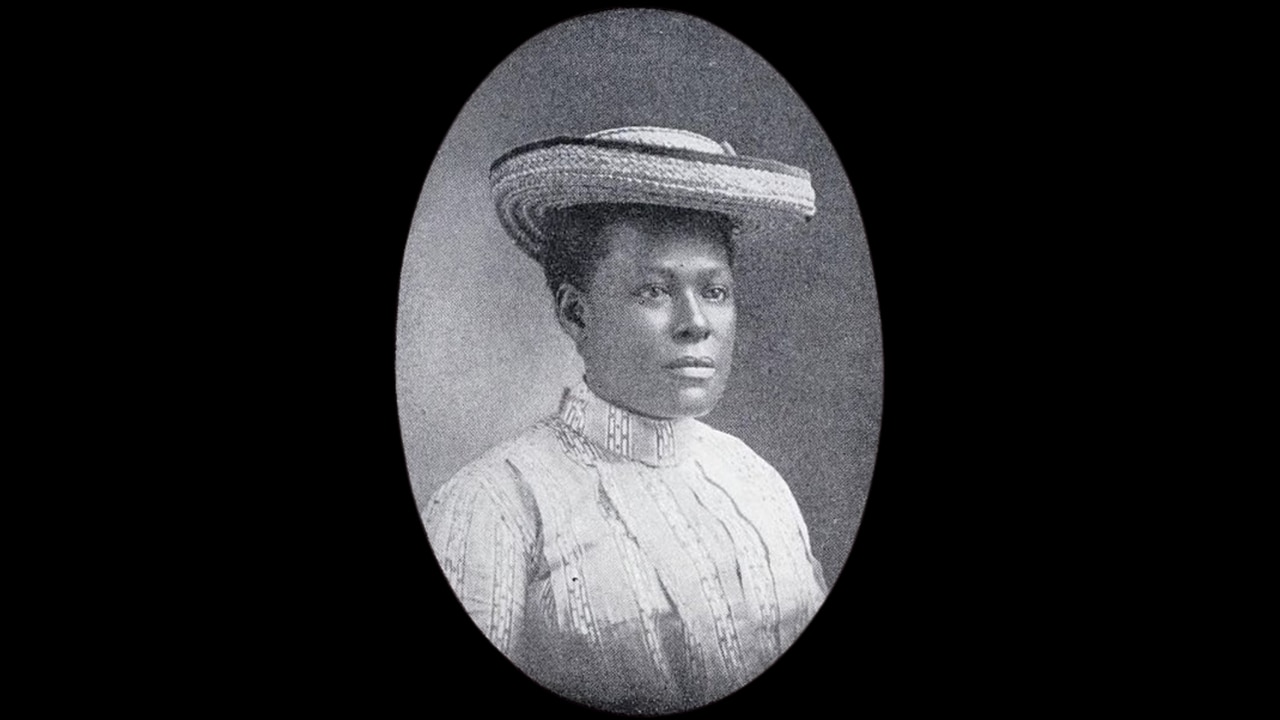3 Black southern educators and their groundbreaking legacies
For centuries, our ancestors were restricted from reading and writing. In fact, many risked their lives for having the audacity to learn. Back then, education was akin to freedom. It’s power — then and now. And for us, that power was often harnessed in one-room schoolhouses, church basements or anywhere else we could gather as a community. Asserting our right to education is an intricate part of our history.
During a time when Black teachers were restricted from teaching in public schools, regardless of their qualifications, these three southern educators moved mountains to ensure that Black folks were granted the same opportunity as their white counterparts to a quality education.
Lucy Craft Laney (1854-1933)
Lucy C. Laney, founder and principal of the Haines Normal and Industrial School in Augusta, Georgia, United States.
One of Georgia’s most prominent educators, Lucy Craft Laney defied all odds against her as a young African-American girl born to formerly enslaved parents. A native of Macon, Georgia, she began reading at a very young age. Laney was also a part of the first class at Atlanta University (now Clark Atlanta University), graduating from their teacher training program in 1873.
Known by her students as “Miss Lucy,” Laney taught in several Georgia towns, including Macon, for ten years before starting her own school. In 1883, she founded Haines Normal and Industrial Institute, at Christ Presbyterian Church in Augusta. Named after her lifetime benefactor Francine E. H. Haines, Laney devoted her life to keeping her school open. By 1912, the institute flourished with thirty-four teachers, 900 students and a college preparatory program. Laney’s graduating students went on to schools like Howard, Yale and a host of other prestigious colleges.
Beyond her teaching career, Laney was an active community member, helping found the local NAACP chapter in Augusta, Georgia. She was also a member of the National Association of Colored Women and the Niagara Movement. Laney was a friend, teacher and inspiration to both her students and many of peers such as Mary McLeod Bethune, W.E.B Du Bois and Langston Hughes to name a few. In 1992, she was inducted into Georgia Women of Achievement.
Mary McLeod Bethune (1875-1955)

Mary McLeod Bethune sits at a desk, possibly in the Chicago Defender offices, 1942.
Activist and educator Mary McLeod Bethune was born during the turbulent reconstruction era in Sumter County, South Carolina. As a child, she recognized racial inequality early on particularly when it pertained to reading and writing. This observation fueled her passion for learning. In her words: “The whole world opened to me when I learned to read.” Unlike most of her family, she was able to attend school and eventually went to college to become a missionary in Africa. Bethune never achieved her dream due to discrimination against Black missionaries. This setback did not deter her, instead she went on to become a teacher.
After teaching briefly at her former school in Sumter, Bethune began teaching at the Haines Institute in Augusta, Georgia under the tutelage of Lucy Craft Laney. Bethune was deeply inspired by Laney’s emphasis on educating young girls and women. After moving back to Sumter to teach, she got married and moved to Florida where she became determined to start her own school. In 1904, she founded the Educational and Industrial Training School for Negro Girls. Bethune was able to attract several benefactors to support the continued success of her school. In 1931, her school merged with Cookman Institute, an all-boys school, to form Bethune-Cookman College, where Bethune served as president. Spending years advocating for federal funding, Bethune-Cookman reached full four-year college status in 1941. The school’s library became Florida’s first library that welcomed Black patrons.
In addition to a dedicated educator, Bethune was a fierce advocate for racial equality and women’s rights. Whether it was opening the first Black hospital in Daytona Beach, Florida in response to the local hospital refusing to see Black patients or organizing voter registration drives, Bethune was a mover and shaker in the community. In the midst of all that, she still found time to lead several organizations including Southeastern Association of Colored Women’s Club and the National Council of Negro Women.
Septima Poinsette Clark (1898-1987)

Septima Poinsette Clark (second left, behind lectern) speaks at the Southern Christian Leadership Conference banquet at the Redmont Hotel, Birmingham, Alabama, August 1965.
Born at the tail end of the 19th century in Charleston, South Carolina, Septima Poinsette Clark would grow up to be known by many as the “Mother of the Civil Rights Movement.” Unlike her father who was enslaved prior to emancipation, Clark was able to attend school. However, when her parents observed the condition of her school in comparison to the white school, they sent her to a woman in the neighborhood who taught children in her home. Later, she attended high school at the Avery Institute, the first accredited secondary school for African Americans in Charleston.
After recognizing the power of education, Clark decided to become a teacher, receiving her teaching license in 1916. Since Black people were restricted from teaching at Charleston public schools, she taught at a rural school on Johns Island during the day and held adult literacy classes in the evening. While teaching she joined the NAACP, taking part in a campaign that ultimately ended the policy that prevented Black teachers from working in the public school district.
Clark would go on to teach in Charleston Public schools. However, she lost her job in 1956 after South Carolina passed a law banning city and state employees from being involved in civil rights organizations. She later taught at Highlander Folk School which served a touchstone for the Citizenship Schools which was the convergence of education and grassroots organizing. This program was later adopted and expanded across the south by the Southern Christian Leadership Conference. Clark’s legacy lives on through the present-day Freedom Schools that are forming in light of nationwide attempts at banning the teaching of Black History in public schools.
